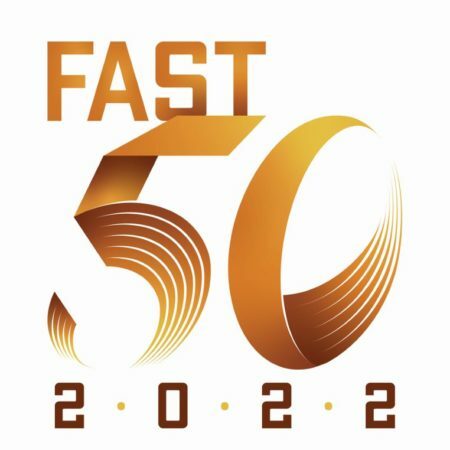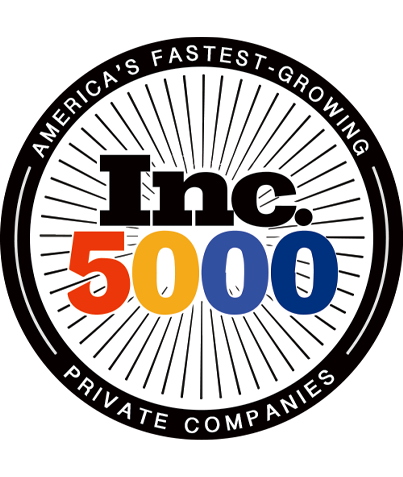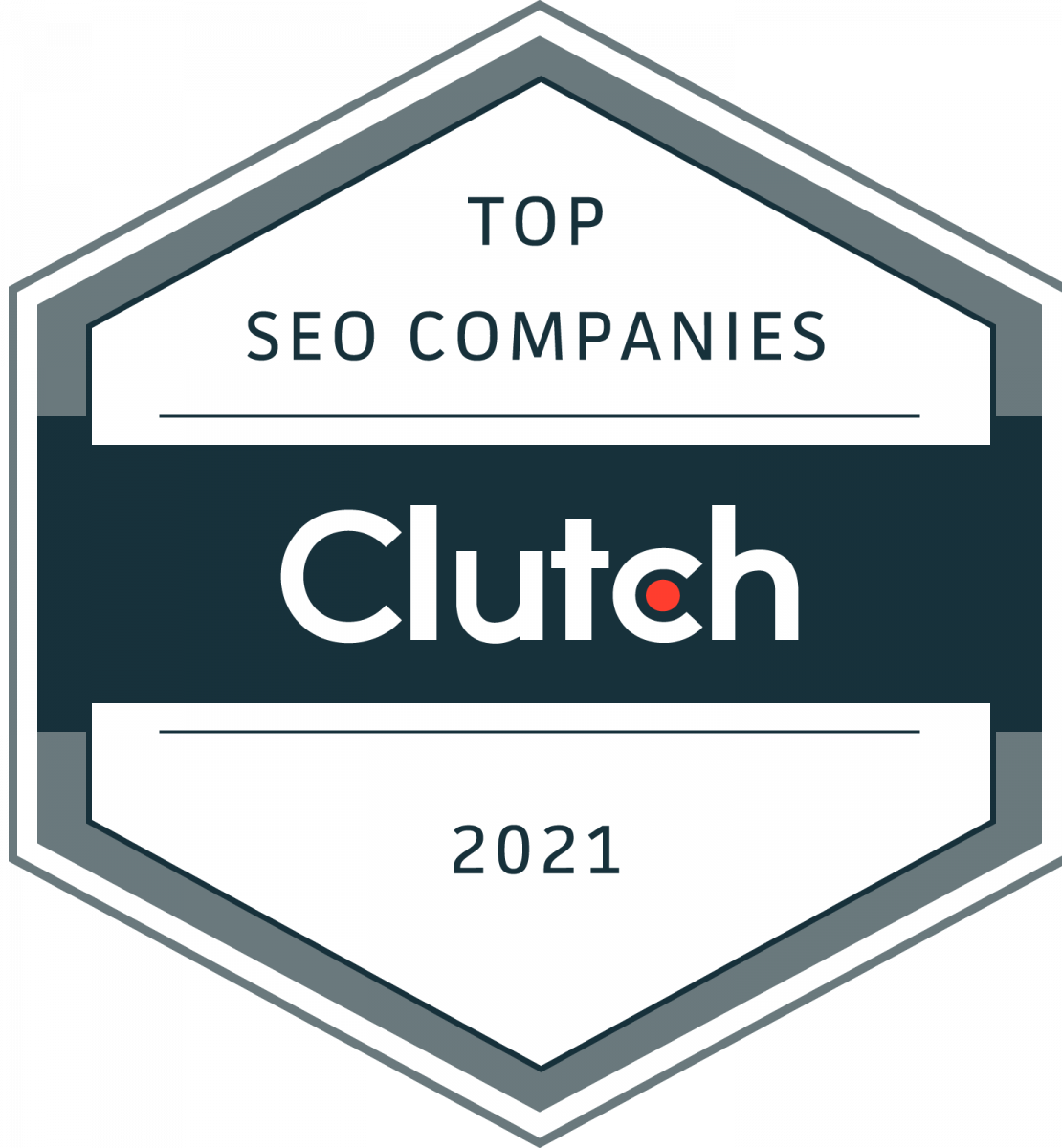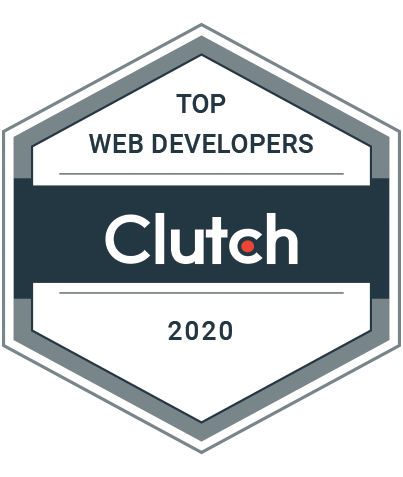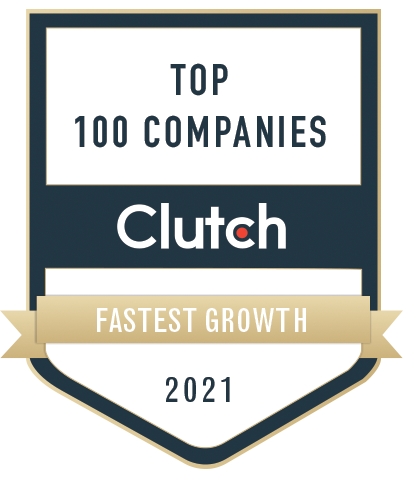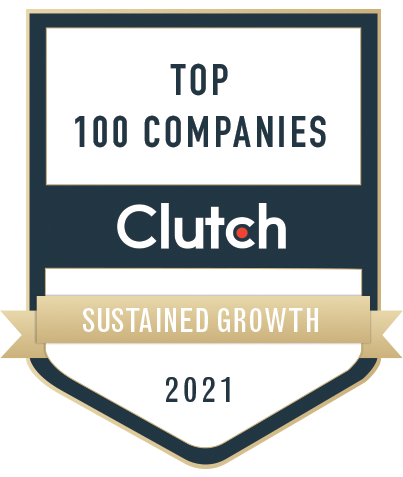SEO growth demands more than effort; it requires efficiency, adaptability, and intelligent tools. That’s why many modern SEO teams are turning to AI SEO tools to scale agile solutions. These tools aren’t just affecting the future of SEO by speeding up keyword research or content optimization; they’re transforming how marketing teams plan, execute, and refine strategy within agile workflows.
If you’re trying to move faster, stay competitive, and do more with fewer resources, this guide is for you. We’ll break down what AI for SEO means, where it fits into agile marketing environments, and how the right combination of technology and team structure can help your business grow smarter, not harder.
Why AI SEO Tools Are Critical for Scaling Agile Solutions
Agile marketing demands speed, iteration, and responsiveness; however, traditional SEO workflows often hinder teams’ progress. Research, writing, technical audits, and performance analysis can take days or weeks, making it hard to maintain momentum in sprint-based environments. That’s where AI SEO tools come in.
By automating routine tasks and surfacing actionable insights more quickly, these tools give agile teams the leverage to adapt rapidly and stay focused on their strategy. Whether optimizing a campaign mid-sprint or reacting to ranking changes in real time, AI for SEO helps remove friction from your process. It aligns perfectly with agile’s core goals: deliver value quickly, improve constantly, and stay flexible. This aligns with the lean eCommerce principles that prioritize adaptability and minimize waste.
As digital competition grows and pressure to perform increases, businesses can’t afford to rely on static, manual workflows. Embracing SEO AI tools enables your team to move faster without sacrificing quality, unlocking a smarter and more scalable approach to growth.
Understanding AI SEO Tools
AI SEO tools use artificial intelligence and machine learning to automate and enhance search engine optimization tasks. Instead of relying solely on manual research and execution, these tools quickly process large amounts of data to uncover patterns, make recommendations, and even generate content, saving time and improving accuracy.
Typical applications of AI for SEO include:
- Content Generation: Top SEO tools, such as Jasper and Copy.ai, create SEO-friendly content outlines, meta descriptions, and even full blog posts.
- Technical SEO Audits: Platforms such as Surfer SEO and Screaming Frog (now integrating AI) identify crawl errors, broken links, duplicate content, and other technical issues at scale.
- Competitor Analysis: Tools like Semrush, MarketMuse, and Outranking use AI to evaluate keyword gaps, backlink strategies, and content performance across the SERP landscape.
- Keyword Clustering and Topic Modeling: AI helps group semantically related keywords and uncover intent-driven topic opportunities that manual research might miss.
Unlike traditional tools that require constant manual input, SEO AI tools learn from data and user behavior, continually improving recommendations over time. This foundational shift enables more efficient workflows and better decision-making, especially when integrated into an agile SEO strategy.
Key Benefits of AI for SEO and Agile Teams

Combining AI SEO tools with an agile workflow gives your marketing team a serious edge. Instead of spending cycles on repetitive tasks or sifting through raw data, teams can focus on strategy, execution, and iteration, exactly what agile is built for. Here are the key benefits:
- Speed and Automation: AI streamlines time-consuming tasks, such as keyword research, content audits, and SERP analysis. What used to take hours can now be done in minutes, allowing teams to move faster within each sprint.
- Data-Driven Decision Making: AI tools eliminate guesswork by leveraging real-time data analysis and forecasting capabilities. They help agile teams prioritize the right initiatives based on performance metrics and market shifts.
- Improved Accuracy: AI minimizes human error in technical audits, link analysis, and keyword mapping. That leads to cleaner execution, fewer rewrites, and better on-page performance.
- Scalability Across Teams and Campaigns: Whether you’re managing one campaign or twenty, SEO AI tools help maintain consistency and efficiency across all campaigns. They make it easier to scale best practices across distributed teams or multi-brand portfolios.
When speed, accuracy, and iteration matter, as in agile development, AI for SEO becomes more than just a toolset. It’s a performance multiplier.
Where AI SEO Tools Deliver the Most Value
Not all SEO tasks benefit equally from marketing automation hacks. However, AI SEO tools can significantly boost efficiency, accuracy, and performance in the right areas. Here’s where they deliver the highest impact:
- Automated Keyword Intelligence: AI tools quickly surface high-value keywords based on search volume, competition, and user intent. They also cluster related terms, helping you build topic authority more rapidly and strategically.
- Agile Content Optimization: From real-time content scoring to headline suggestions and keyword placement, AI enables content teams to make on-the-fly improvements, optimizing content without waiting for lengthy review cycles.
- Technical SEO Monitoring: AI-powered crawlers can detect issues such as broken links, slow-loading pages, or wasted crawl budget, and then prioritize fixes based on their impact. This ensures technical problems don’t derail your sprint progress.
- Scalable Performance Analytics: AI-enabled dashboards, often integrated with platforms like Google Search Console and Google Analytics tools, help surface actionable trends. This means more intelligent reporting and better sprint retrospectives.
- Automated Reporting and Dashboards: Set up AI-generated weekly reports to track KPIs across campaigns and sprints. These reports reduce time spent on manual tracking and increase visibility across stakeholders.
By focusing on these high-leverage areas, these SEO hacks and SEO AI tools empower agile teams to work smarter, not harder, and deliver results faster without cutting corners.
Building Agile SEO Workflows with AI
Agile SEO isn’t just about speed, structure, iteration, and delivering continuous value. When you embed AI SEO tools into your agile framework, you eliminate bottlenecks and empower your team to make faster, smarter decisions at every stage of the sprint.
Here’s how AI enhances each phase of an agile SEO workflow:
- Sprint Planning: Use AI tools to surface content gaps, keyword opportunities, and technical issues that should be prioritized in the upcoming sprint. Tools like Clearscope or Semrush’s keyword data can guide content planning. Some AI-enabled platforms also incorporate intent modeling to align content with user behavior.
- Execution: AI supports fast content creation, technical fixes, and competitive analysis during the sprint. It also ensures consistency in tone, structure, and optimization, freeing up time for strategic refinement.
- Review & Retrospective: At the end of each sprint, AI-generated performance reports help teams assess results, identify blockers, and adjust strategies quickly. Dashboards from platforms like Surfer SEO or SEOmonitor provide a bird’s-eye view of what works and what doesn’t.
By syncing AI for SEO with your agile cycle, you shorten feedback loops, improve sprint outcomes, and create a repeatable system that scales efficiently over time.
Common Challenges and How to Overcome Them
While AI SEO tools offer powerful advantages, adopting them isn’t always a straightforward process. Agile teams must be aware of common hurdles and plan accordingly to maximize the benefits of AI-enhanced workflows.
- Avoiding Over-Reliance on AI: AI is a tool, not a strategy. Teams that treat AI outputs as gospel risk publishing low-quality or off-brand content. Human review remains essential for ensuring context, tone, and brand alignment.
- Managing Tool Complexity: With numerous AI platforms available, selecting and integrating the right ones can be a daunting task. Start small. Focus on one or two tools that solve a pressing workflow issue, then scale them up.
- Ensuring Data Privacy and Compliance: Some AI tools pull from live user data, APIs, or third-party sources. Always vet tools for GDPR and CCPA compliance, especially if handling sensitive customer or client data.
- Bridging the Learning Curve: AI tools often require training, onboarding, and adjustments to existing processes to ensure seamless integration. To help your team gain confidence and competence, create internal playbooks and run low-risk pilot projects.
By proactively addressing these challenges, agile teams can implement AI for SEO in a way that’s efficient, sustainable, and aligned with long-term marketing goals.
When to Use AI SEO Tools, and When Not To
AI isn’t always the right solution, but when used strategically, it can give your SEO program a serious edge. Knowing when to use AI (and when to rely on human expertise) helps agile teams allocate time and resources wisely.
Use AI SEO tools when:
- You need to generate content at scale without sacrificing basic optimization.
- You’re managing multiple campaigns and need consistent technical audits.
- You want to identify trends or keyword gaps quickly to inform sprint planning.
- You need fast performance reports to guide data-driven decisions.
Avoid overusing AI when:
- You’re developing brand messaging, voice, or positioning. AI lacks nuance.
- Content requires deep subject matter expertise or emotional resonance.
- High-stakes strategy decisions depend on experience, not just data patterns.
- You’re launching a new product or service and need user-driven insights.
The sweet spot? Blend AI tools into repeatable, tactical tasks while preserving human oversight for strategy, brand direction, and creative execution. That’s how you scale agile solutions without losing the qualities that make your marketing distinct.
How Oyova Uses AI SEO Tools to Drive Scalable Growth

At Oyova, we believe in using AI to enhance, not replace, human creativity and strategic insight. Our team integrates AI SEO tools into agile workflows to accelerate results, increase efficiency, and deliver more innovative solutions at scale.
Here’s how we combine AI and expertise in our SEO services:
- Content Strategy & Optimization: AI tools help us identify emerging topics, optimize content structures, and align pages with user intent. However, our strategists review, edit, and refine every content to ensure it supports your brand and business goals.
- Agile Sprint Planning: We use data from keyword tools, analytics, and competitor intelligence to shape sprint priorities. AI surfaces opportunities, and our team builds the roadmap.
- Performance Reporting: Automated dashboards keep stakeholders informed and provide real-time visibility into what’s working. We add human interpretation and clarify the next steps after every campaign.
- LLM Optimization: We optimize content for visibility on AI platforms, such as ChatGPT and other large language models, by structuring information, aligning with user intent, and utilizing AI-friendly formats. This includes FAQs, schema markup, and concise summaries, helping your brand show up where people search and ask questions most.
Whether you’re a startup looking to scale quickly or an enterprise refining your digital footprint, Oyova’s hybrid approach ensures you get the speed of AI with the insight of real marketers. Contact us today!
FAQs
Yes, Google can often detect AI-generated content, especially if it lacks originality or demonstrates patterns typical of automated writing. However, Google doesn’t penalize AI content outright. What matters most is quality. If your AI-assisted content is helpful, accurate, and aligns with user intent, it can still rank well.
When used strategically. AI SEO tools save time on research, content optimization, and technical audits, helping teams scale faster and work more efficiently. The key is pairing AI with human oversight to ensure content quality, brand consistency, and long-term SEO success.
No. AI will not replace SEO but reshape how it is done. While AI can automate tasks and uncover insights more quickly, human strategy, creativity, and contextual decision-making remain essential. The future of SEO is hybrid: smart tools paired with smarter teams.
ChatGPT can assist with generating keyword research ideas, drafting meta descriptions, creating content outlines, and facilitating topic brainstorming. It’s best used as a creative assistant, not a replacement for strategy. Continually review and refine output to align with your brand voice, SEO goals, and user needs.
Our Awards
